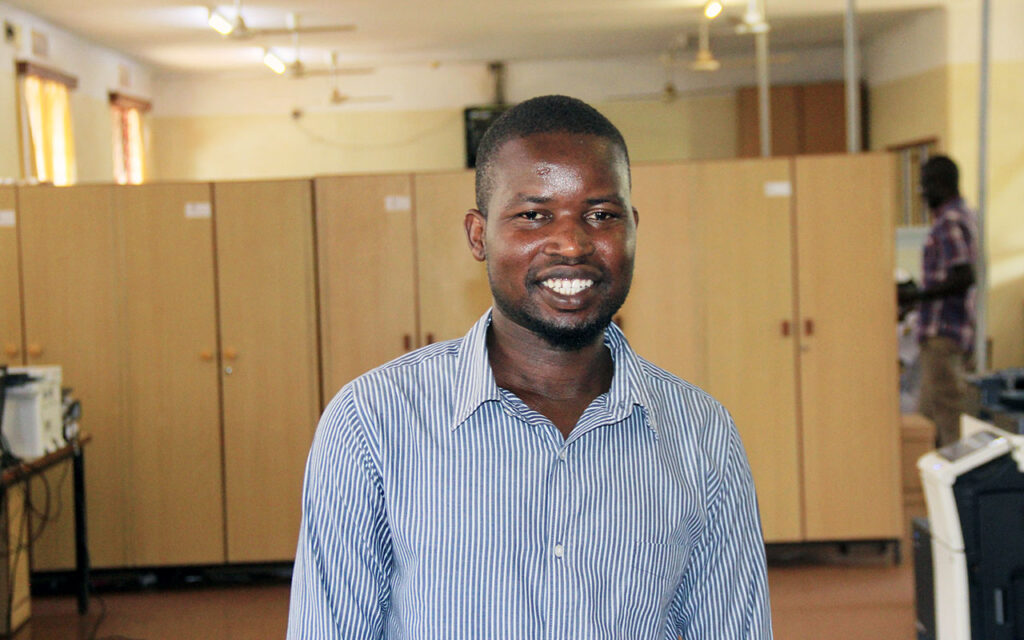Reflections on the Infected Blood Inquiry report: the beginning of justice

Three weeks on from the publication of Sir Brian Langstaff’s report on the Infected Blood Inquiry, Sally-Anne Wherry reflects on her experience of that day and the questions that remain for the infected and affected
Last month saw the publication of the Infected Blood Inquiry report. As the daughter of one of those involved, I want to share my reflections with you. This is wholly my view.
For all of those involved, infected and affected, Monday 20th May 2024 marked an acknowledgement of the traumatic experiences they have fought so long to have recognised. To reach this point, so many campaigners have worked so hard. The Infected Blood Inquiry report is a validation of their tenacity, commitment and passion, and I thank them.
Integrity, authenticity, detail
For those infected and affected, Sir Brian Langstaff’s report speaks of their experience in stark, detailed telling. It is validating – it’s what we have all been saying all along. It is traumatic – it’s ‘This is what really happened to me’, written into history in large letters, full of grief and sorrow for those lost to us, the pain of both then and now, and the loss of lives not lived. It is not the end of the story – but perhaps it’s the beginning of justice, which has been delayed for so very long.
Sitting in the Central Hall with others, reading the report’s first two volumes, I can truly say I have never witnessed individuals feel so many emotions in such a short time. The gratitude for Sir Brian’s integrity, authenticity and extraordinarily detailed work, along with that of his team, cannot be overstated. For some, what they read validated what they already knew of what had happened to their lives, bodies and families. Others learned new information that had been concealed from them. We all read about those who didn’t act, or acted to block the changes that would have saved lives. At times, we paused our reading to listen to someone who needed to talk about something they’d found – their doctor, their own statement, or another piece of information. We talked about what happened, what we felt, and what happens now.
But despite so many feelings, their intensity utterly exhausting for many of us, there remains work to be done. I thank those who are now drilling down to the details of the compensation. No helpline has been set up for our questions and feelings, and so members of our community are the ones doing this work – coordinating letters to MPs, reading the small print, working with the lawyers. It’s because of their efforts that we know we need answers to many questions.
A need for clarity on compensation
There are many questions around how compensation will work.
Some years ago, the government agreed to provide those infected with ‘care payments’. These were very clearly stated not to be compensation or to indicate an acceptance of any liability. They are vital to those left unable to work or struggling with disability-related costs, providing £21,467 or £32,555 a year, based on how badly your body was impacted. If these payments, made monthly, are to be removed, people will need to spend their compensation on an annuity to live on.
Although some detail has been made available on the amounts individuals are entitled too, there are many questions here too. For example, it is unclear whether the parents of a child who died will receive the same as the parents of a child who lived but was infected. Either way, does £80,000 compensate for the loss of your child, or enable them to live life with the damage they’ve suffered? What about those parents who lost more than one child – do they receive £80,000 for each or only once?
Are widows expected to distribute compensation to the estate of someone who died, to others who may no longer be in contact? Is £16,682 a year enough for a widow whose partner died? If the regular payments they receive at the moment are removed, that becomes much less than their current income.
Is the payment to affected siblings or parents to be shared among them, or is it for one person? Are awards for the affected only for those whose family member died, or will those who lived through this and whose family member survived also be acknowledged?
This is a landmark moment. But as we go through the feelings associated with that, being asked by those around us what we think, what we feel and what will happen, all of these questions leave the community in limbo.
Consequences and counselling
I have my own questions too, including what consequences there will be for those who made the decisions which have impacted so many. In other countries, there have been criminal prosecutions and people have been stripped of their honours. As a nurse, I feel this should be part of our justice. Were I to knowingly prescribe medication that would infect the person I was treating with a potentially fatal disease, I would face removal from my professional register and criminal proceedings. The ethics underpinning medicine have not changed since the Nuremberg Code was established – a person must consent to treatment knowingly and willingly.
And what of the deeply personal, emotional impacts of all of this? The publication of the inquiry report means that those involved have been presented with their trauma in stark detail, in the bright lights of the media. In Wales, Scotland and Northern Ireland, specialist counselling has been set up. In England, those in need have little recourse to counselling. Organisations such as The Hepatitis C Trust and The Haemophilia Society are trying to fill that space, but the demand must be overwhelming.
This is not the end; this is the beginning of the end of a long battle for justice — I hope. It should be a moment where we can finally lay things to rest, emotionally bury our dead, and look to our lives knowing that justice has been served. It is a moment of validation, but also one of grief and worry.
About the author
Sally-Anne Wherry’s father has haemophilia and was one of those infected with hepatitis during the Infected Blood Scandal. She is a senior lecturer in nursing (advanced practice) at the University of Gloucestershire and is a member of the editorial board of The Journal of Haemophilia Practice.
Further reading
Infected Blood Inquiry (website). https://www.infectedbloodinquiry.org.uk.
Wherry S-A, Berragan L, Jennings R. The impact of the Contaminated Blood Scandal on the next generation: the state of the evidence. J Haem Pract 2023; 10(1): 20-27. doi: 10.2478/jhp-2023-0003.
Image: Mikołaj on Unsplash


